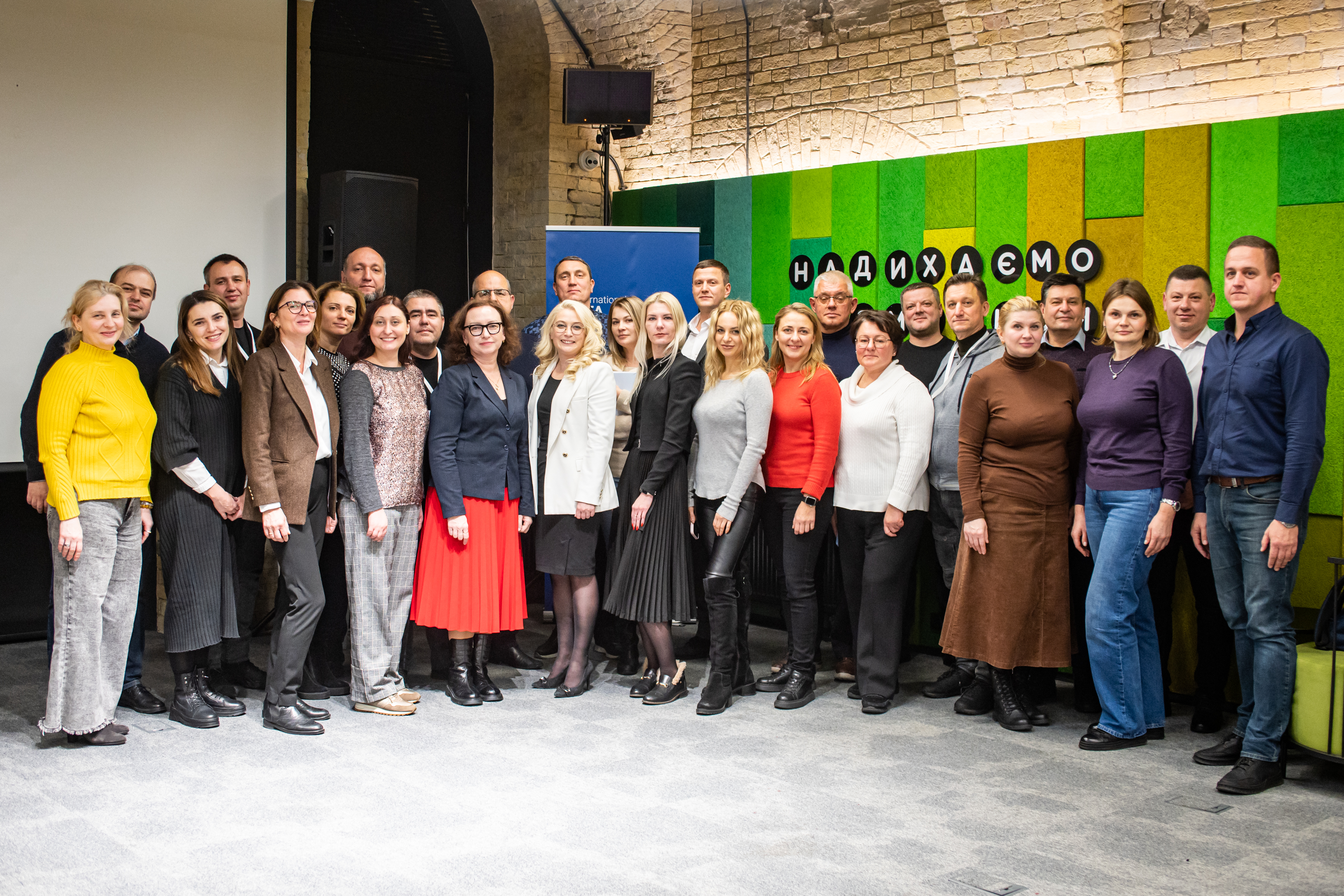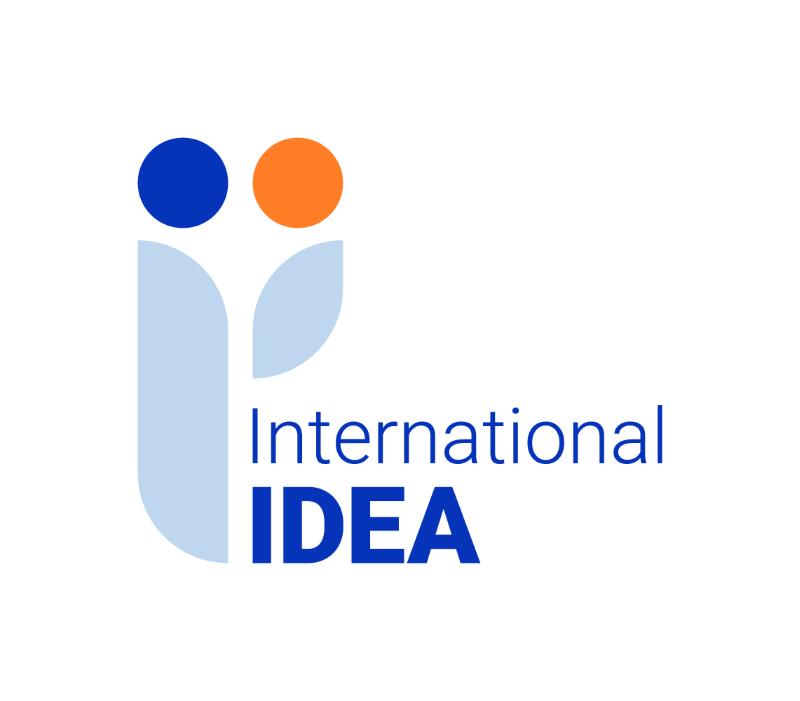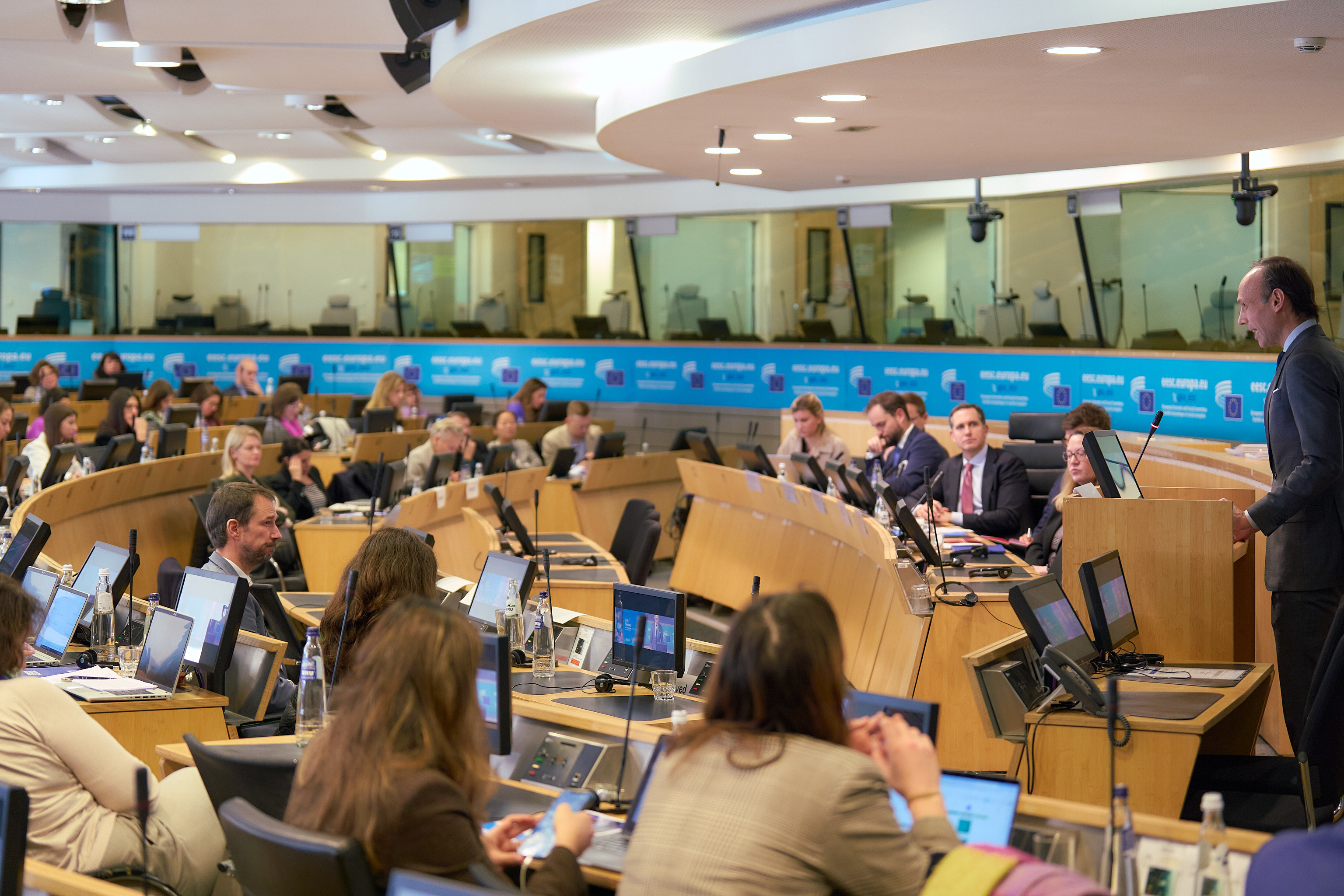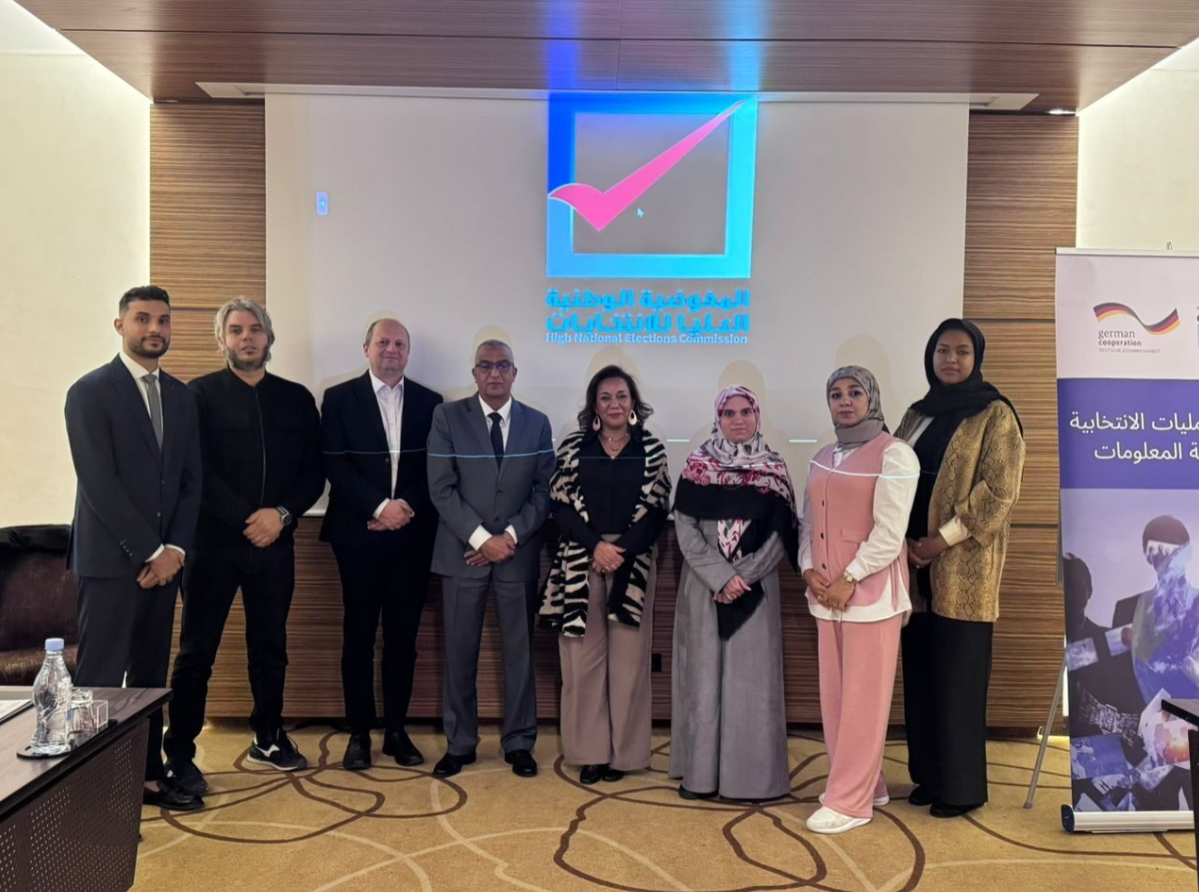Bhutan’s transition to democracy is in many ways unique. While in most cases, countries begin their transition in response to political, social or economic calamity, the political transformation of Bhutan was a clear case of a planned and long envisioned goal by the country’s revered monarch King Jigme Singye Wangchuck.
Since the kingdom started its transition from absolute monarchy to multi-party democracy in 2008 Bhutan has experienced the challenges of a young democracy such as low voter turnout and few active candidates. The effect of democratic values on the traditional and cultural heritage of the country has also been a concern.
To evaluate the progress made over the past eight years the Royal Research and Advisory Council (RRAC) has expressed an interest in assessing the state of Bhutan’s democracy using International IDEA’s State of Democracy Framework.
The approach is a citizen-led assessment allowing people to assess their own democracy. Through this dialogue process it is possible to define homegrown reform agendas and policy initiatives that will strengthen the democratic process.
As a first step, the RRAC invited International IDEA to organize an introductory training programme on the application of the State of Democracy Framework, which will take place in Thimphu from 6-8 April 2016.
International IDEA has worked in Bhutan since 2013 providing assistance and technical support to the Election Commission of Bhutan (ECB), parliament and other stakeholders.



